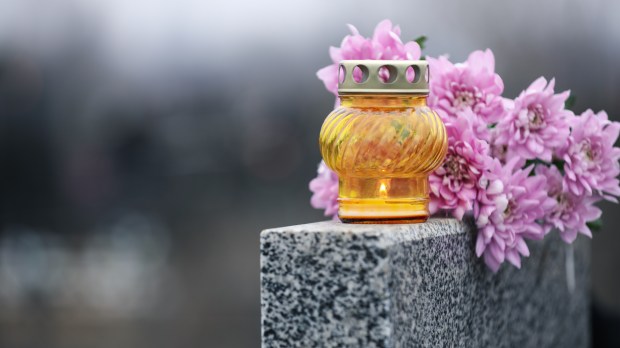Thursday 20 January 2022
1 – German Catholics have increasingly fewer religious burials
2 – Liturgical Warfare: “Rather than accusing each other, how about we listen?”
3 – Week of Prayer for Christian Unity: Patriarch Pizzaballa says “dialogue is an ongoing challenge”
4 – How the Catholic world remains on the margins of Italian politics
5 – Rutilio Grande, the martyred priest whose death changed the life of St. Oscar Romero
German Catholics have increasingly fewer religious burials
A survey conducted in several dioceses in northwest Germany shows a dramatic drop in the proportion of Catholics who are buried with a Church service. In 2020, up to a third of Catholic families did not want a religious service; twice as many as 10 years ago. The reasons cited are the pandemic, the lack of priests to celebrate funerals, but also a certain disinterest or even a rejection of the Church by the Catholic community in Germany.
Kirche + Leben, German
Four important figures in the French Catholic Church published a joint letter on January 19, calling for “mutual esteem” between the Catholics who are attached to the ancient form of the liturgy and those who are not. The letter says to “take in hand” the brotherhood to which Christians are called and suggests praying for and visiting one another. The letter also calls for dialogue above all else, “rather than accusing each other of ideological presuppositions.”
“Liturgical peace in the Church cannot be achieved as long as one side continues to cast suspicion on the Mass of the other side,” the authors conclude.
La Croix, French
Week of Prayer for Christian Unity: Patriarch Pizzaballa says “dialogue is an ongoing challenge”
The Latin Patriarch of Jerusalem, Archbishop Pierbattista Pizzaballa, spoke to SIR from Jordan about the proximity and tensions between Christians in the Holy Land, in light of the Week of Prayer for Christian Unity that started on January 18. Dialogue is an ongoing challenge, he explains, in the context of local tensions, unresolved conflicts, and ongoing wars. However Archbishop Pizzaballa underlines that wherever he goes, the faithful tell him : “We want to celebrate together, we want to be together, we want to see you together.” The patriarch also explained that whereas on the liturgical and ecclesial aspects unity will require more time and effort, “social unity is already a fact.”
SIR, Italian
How the Catholic world remains on the margins of Italian politics
As the Italian parliament prepares to elect a new president on January 24, an Il Giornale journalist writes about how Catholics do not have influence in these elections anymore. He explains how Pope Francis has usually chosen not to get involved or express himself on matters concerning Italian politics. The Vatican has also changed its style, allowing associations to take precedence in promoting political positions. However, the journalist speaks to two politicians who both agree that Italian Catholics are less vocal and unified on their political positions than in the past, hence less prominent and represented.
Il Giornale, Italian
Rutilio Grande, the martyred priest whose death changed the life of St. Oscar Romero
Fr. Rutilio Grande will be beatified in El Salvador on January 22, along with three other martyrs of the late 1970s. The death of this Jesuit defender of human rights marked a turning point in the life of Bishop Óscar Romero, who was canonized in 2018. Romero had been bishop of San Salvador for only a month when he learned of the assassination of Father Grade, who was like a true “brother” to him. Bishop Romero turned “to God with a question: what am I going to do?” explains the vice-postulator of the cause of Father Grande. “God led him along unexpected paths, the path of the poor,” whose voice he became, continues the vice-postulator.
Rome Reports, English

